A Jenkins pipeline project is configured to fetch its Jenkinsfile from a Git repo:
If I change the list of parameters, for example, from:
properties([
parameters([
string(name: 'FOO', description: 'Choose foo')
])
])
to:
properties([
parameters([
string(name: 'FOO', description: 'Choose foo'),
string(name: 'BAR', description: 'Choose bar')
])
])
And run the build, the first run does not show the newly added BAR parameter:
As the updated Jenkins file expects the BAR parameter to be present, this causes the first build after the change to fail as the user is not presented with an input to enter this value.
Is there a way to prevent this? To make sure the Jenkinsfile is up-to-date before showing the parameter entry page?

